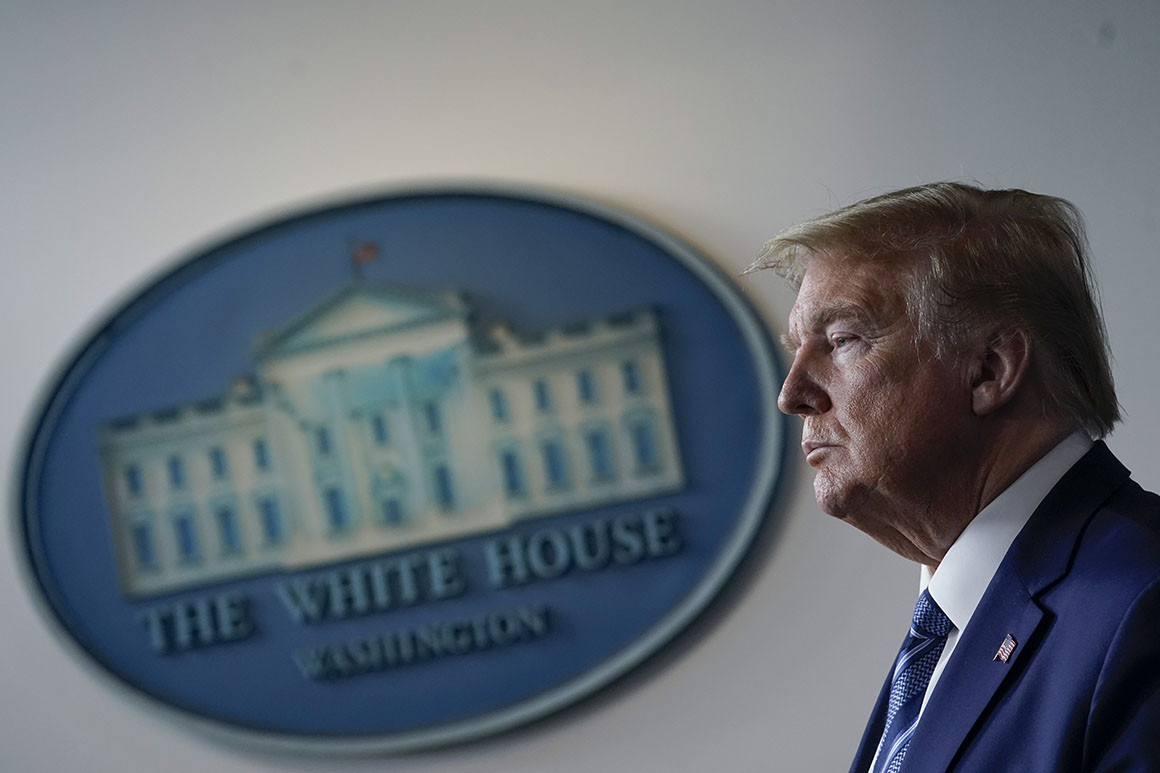Kerby Anderson
Whenever this country has faced a national emergency, our political leaders have increased their power and authority. More power flows to the national government and usually more power flows from Congress to the executive branch. President Roosevelt expanded the federal government during the Great Depression with his New Deal programs. President Bush created huge agencies (Department of Homeland Security and the Office of the Director of National Intelligence) after the attack on 9/11.
The exception has been the response from the Trump administration during this pandemic. Although the president’s critics often accused him of being a dictator, some would have to admit they were surprised that he has encouraged governors to make many of the decisions while clearing away federal regulations that may have prevented a more effective response.
So far, federal agencies and departments have taken more than 600 regulatory actions. These were proposed as temporary actions of deregulation. But President Trump signed an executive order last month directing these agencies to review the actions “and determine, which, if any, would promote economic recovery if made permanent.”
Truck drivers that are hauling emergency supplies have been given more flexibility about their hours. Seniors have been allowed to consult with their doctors using FaceTime or other forms of telemedicine. Colleges have been allowed to ramp up distance learning without governmental red tape.
The Trump administration seems intent on keeping this coronavirus crisis from expanding the federal government. And if these new ventures in telemedicine and online education are working, why should they stop when the crisis is over? Why shouldn’t these temporary waivers be made permanent?
What usually follows national emergencies is more power consolidated in the federal government. The Trump administration seems to be breaking that typical pattern in American history.
 Listen Online
Listen Online Watch Online
Watch Online Find a Station in Your Area
Find a Station in Your Area










 Listen Now
Listen Now Watch Online
Watch Online
